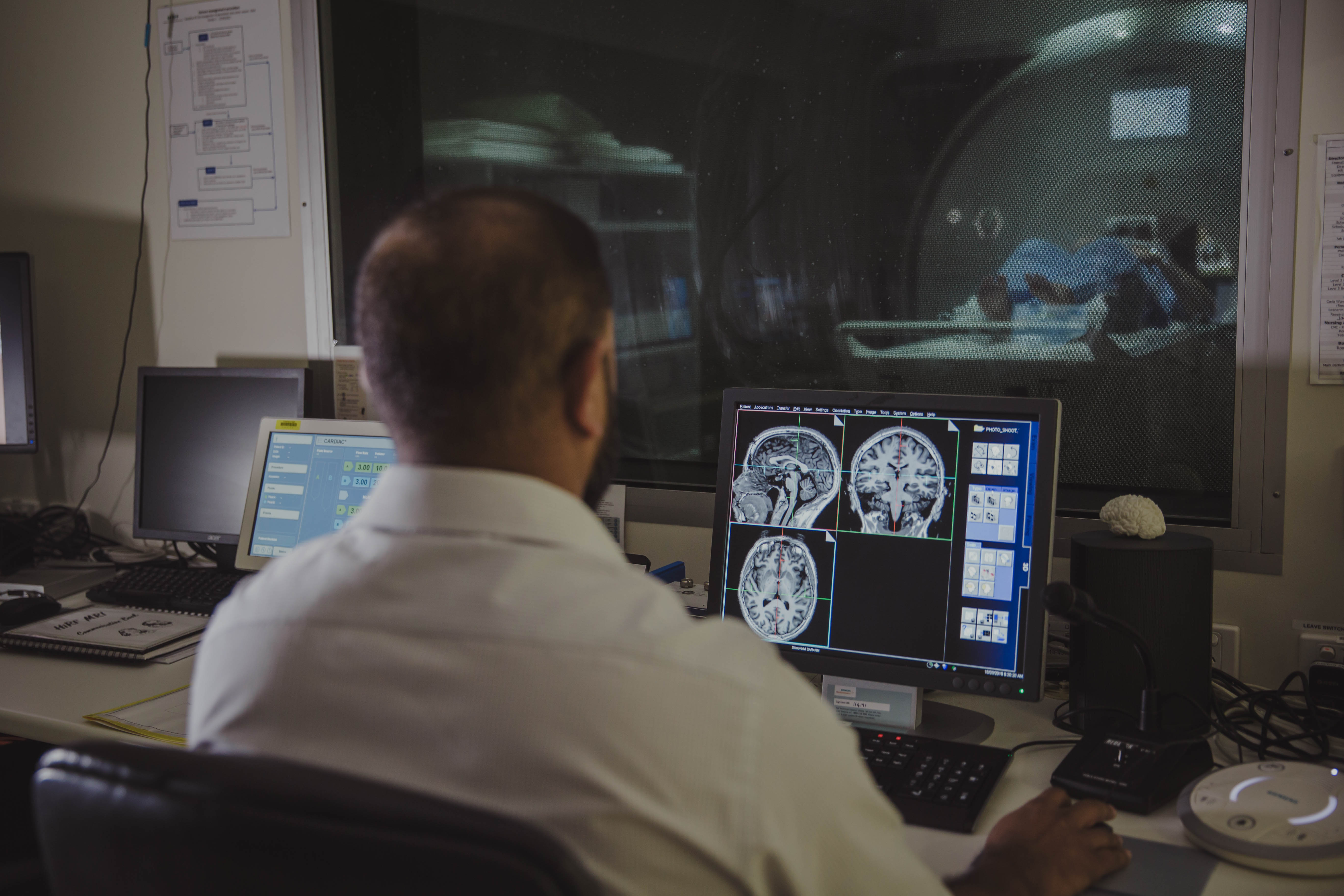Development of Cognition in Adolescence

The adolescent developmental period opens a window for increased learning and the continued development of cognition as the brain matures from childhood to adulthood.
Adolescence is often considered a sensitive period of development with the onset of many psychiatric conditions occurring during this time. Whilst there is literature that has tried to explain how different cognitive domains develop across adolescence, the results have been somewhat inconsistent between different studies and task paradigms.
In order to determine how and when cognition develops across adolescence, a comprehensive adolescent age-range is required and outcomes beyond conventional reaction time and accuracy measures need to be explored.
Objectives
- To recruit healthy participants from across the entire adolescent age (i.e., 13–19 years old).
- To employ cognitive tasks that tap into specific cognitive constructs by seeking to characterise latent variables derived through computational modelling.
- To characterise brain changes occurring across adolescence and how changes in the brain relate to changes in cognition through MRI and functional-MRI protocols.



